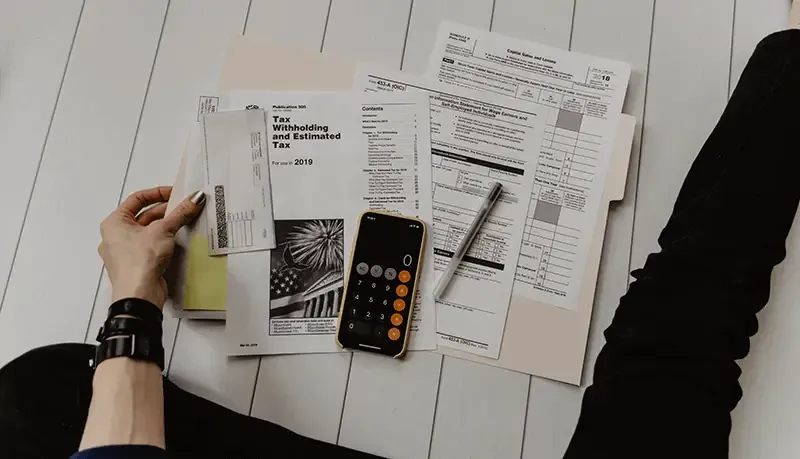How to get started freelancing: looking after your money
By MAS Team | 27 May 2021
By MAS Team | 27 May 2021
Ask almost any veteran freelancer and they'll be able to tell you their (financial) war stories. From forgetting about ACC levies until a surprise bill arrives, to underestimating how much time a project will take and making cents an hour, nearly everyone who freelances has had a mishap with their money.
While being your own boss has plenty of advantages, there are also financial pitfalls when it comes to freelancing. Check that you understand how to manage your money responsibly before you quit your day job.

Gone are the days of a regular salary landing in your bank account. As a self-employed person, you'll generally need to invoice clients to generate income. Clients often have their own payment terms and some will take 30 or even 60 days to process and pay invoices, so be prepared for delays. There are programmes you can use to help you to manage invoicing – Xero and Hnry are both popular with Kiwi freelancers.

You might charge hourly or on a project basis, but it's important to set your fees high enough to cover fluctuations and gaps in your work. It's a common mistake when you start freelancing to take your hourly rate and multiply it by 40 hours and 52 weeks a year, and consider that your annual salary. But your freelance work schedule is likely to have gaps and slow periods, and that approach also won't cover you if you want to have a break or enjoy a public holiday off. Set up a realistic hourly rate to make sure you're not out of pocket.
Keep in mind you need to pay for other things an employer normally covers, like maintaining your laptop and keeping the lights on.
There's no one-size-fits-all income tax solution for freelancers. Some kinds of freelance work will involve taking a flat rate deduction from what you make, which is called withholding tax, while other kinds will need you to file an IR3 form at the end of every financial year, and that can also involve making payments in advance called provisional tax.
It's important to get this right because mistakes can be expensive or time-consuming to fix. Lots of freelancers use financial tools like Hnry or employ accountants to help them sort their taxes. There are costs involved with this, but it's often worth it to avoid unexpected tax bills or penalties.

ACC levies are used to cover the cost of injuries caused by an accident, and are paid separately to your income tax. As a self-employed person, you'll pay this yourself. You'll receive an invoice from ACC for your Earner's levy once you've filed your tax return, so keep some money aside from each invoice that gets paid.
Freelancing means you'll be responsible for your own KiwiSaver contributions, and you will no longer get the (minimum) 3% top-up from your employer either. KiwiSaver is an excellent way to save for buying a first home and for retirement, so it's a good idea to keep contributing regularly, either from each invoice that gets paid or as a lump sum at the end of the financial year. Make sure your total contributions are above the threshold that'll get you the Government top-up.
Even if you've got regular clients, freelance income can still vary a lot month to month. You'll need to have enough money saved to cover your living expenses if you hit a quiet month or if you want to go on holiday. A good rule of thumb for anyone is to have three months living costs saved up in case something goes wrong.

You need to have a plan in place for in case you can't work because you get sick or need to look after a dependent who is. Income security insurance will pay a percentage of your previous weekly income if you're not able to work because of a disability or sickness. This will help to ensure you ease your way back into work, rather than feeling you need to dive straight back into things and potentially risk your recovery.

5 July 2022
If you're a procrastinator, here's a list of techniques that can be useful to avoid procrastination when you start thinking about sorting out your money.

27 October 2020
The MAS KiwiSaver and Retirement Savings Plan funds invest in Afterpay, and we had a chat with Tom Phillips from investment manager JBWere, about why the stock has performed so well in 2020.

31 July 2019
Here are some important things you should know about getting rid of that lurking student loan debt – fast.